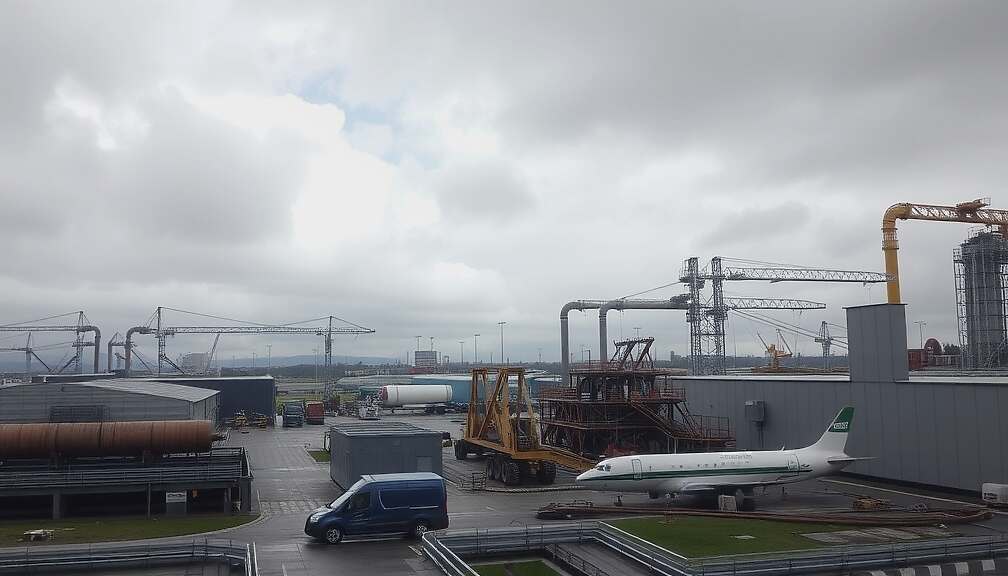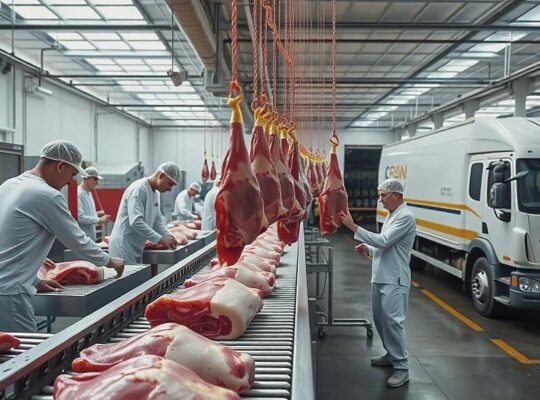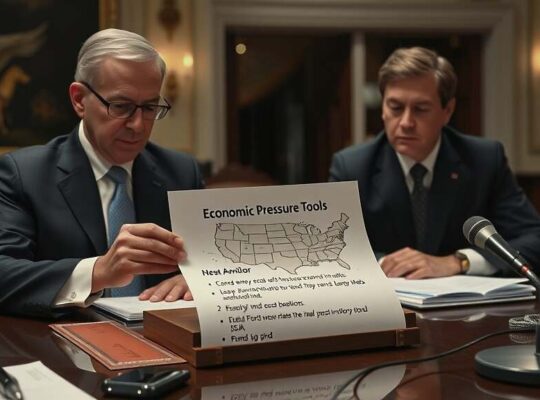Germany continues to grapple with the lingering economic fallout from the 2022 energy crisis, significantly eroding the competitiveness of its energy-intensive industries, according to a new analysis by the Mannheim Centre for European Economic Research (ZEW). The study, commissioned by the Foundation of Family Businesses, paints a stark picture of Europe’s disadvantage relative to North America, raising concerns about potential long-term structural shifts in the German manufacturing sector.
The ZEW’s comparative assessment of energy prices and import dependence across 21 nations, including Germany, Japan, the United States and Canada, reveals that most European countries continue to experience energy prices significantly above pre-crisis levels. While Germany occupies a mid-range position regarding industrial electricity prices relative to its European counterparts, that “middle ground” remains considerably higher than prices observed in North America.
The transatlantic price differential for natural gas is particularly pronounced. Even at the most competitive European locations, industrial gas prices are multiple times the figures recorded in the United States. This disparity has widened considerably, exacerbated by a situation where Canadian and US electricity costs only marginally increased during the crisis years, while US gas prices actually decreased.
The consequences are already visible in Germany’s industrial landscape. The ZEW report highlights a substantial decline in production within energy-intensive sectors, with output nearly 20 percent below 2022 levels as of spring 2025. This shrinking production base raises questions about Germany’s ability to retain high-value manufacturing jobs and maintain its position as a leading industrial exporter.
Critics argue that Germany’s continued struggles stem from a combination of factors including insufficient investment in renewable energy infrastructure, a reliance on volatile global energy markets and, potentially, shortcomings in government policy responses to mitigate the crisis. While efforts have been made to stabilize energy supplies, the report’s findings suggest a substantial remediation of structural imbalances is urgently needed to prevent further erosion of Germany’s industrial competitiveness and safeguard its long-term economic prosperity. The diverging price trajectories indicate a growing need for a fundamental reassessment of Germany’s energy strategy and its ability to compete in a rapidly changing global economy.












